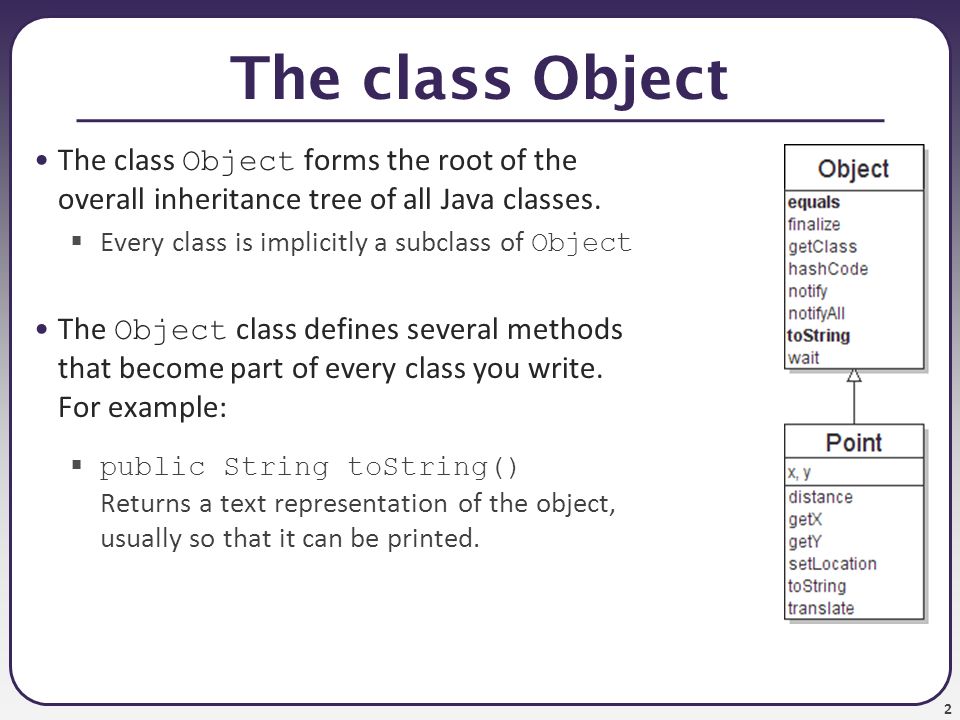Here are answers to the top 10 Java interview questions:
- What is Java and why is it used?
Answer: Java is a high-level, object-oriented programming language used for developing a wide range of applications including desktop, web, and mobile applications. It is popular due to its simplicity, robustness, security, and portability features.
2.What is an object-oriented programming language?
Answer: Object-oriented programming (OOP) is a programming paradigm that focuses on objects and the interactions between them. In OOP, objects are the fundamental building blocks of an application, and the data and behavior of an object are encapsulated within the object itself.
3.What is the difference between == and equals in Java?
Answer: == is an operator in Java used for checking if two references refer to the same object in memory, while equals is a method used for checking if two objects have the same value. The equals method should be overridden in order to compare the values of two objects.
4.What is an exception in Java and how is it handled?
Answer: An exception in Java is an abnormal event that occurs during the execution of a program, disrupting the normal flow of the program. Exceptions can be handled using a try-catch block, where the code that may cause an exception is placed in the try block, and the code to handle the exception is placed in the catch block.
5.What is the difference between a local variable and an instance variable?
Answer: A local variable is a variable declared within a method and its scope is limited to the method, while an instance variable is a variable declared within a class and its scope is limited to the instance of the class. Instance variables are also known as object-level variables.
6.What is the use of the final keyword in Java?
Answer: The final keyword in Java is used to indicate that a variable or a method cannot be modified once it is set. Final variables must be assigned a value when they are declared or in a constructor, and they cannot be changed after that. Final methods cannot be overridden in subclasses.
7.What is polymorphism in Java?
Answer: Polymorphism is a concept in Java that allows objects of different classes to be treated as objects of a common class. This is achieved through method overloading and method overriding. Polymorphism allows for more flexible and reusable code.
8.What is the difference between an abstract class and an interface in Java?
Answer: An abstract class in Java is a class that cannot be instantiated and is meant to be extended by other classes. An abstract class can have both abstract and concrete methods. An interface in Java is a blueprint for a class that defines a set of methods without providing any implementation. Interfaces cannot be instantiated and are used to define common behavior that can be shared by multiple classes.
9.What is the purpose of the static keyword in Java?
Answer: The static keyword in Java is used to indicate that a variable or a method belongs to the class rather than an instance of the class. Static variables and methods are also known as class-level variables and methods, and they can be accessed without creating an instance of the class.
10.What is the use of the this keyword in Java?
Answer: The this keyword in Java is a reference to the current object, and it is used to refer to the instance variables and methods of the current object. The this keyword is useful when you






Leave A Comment